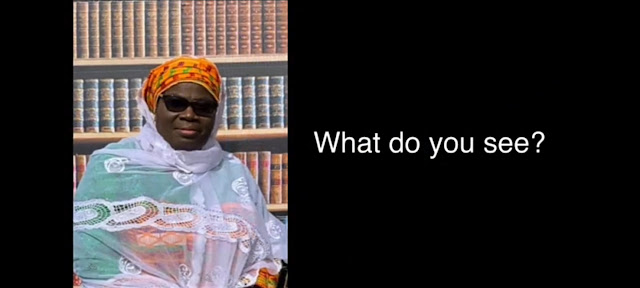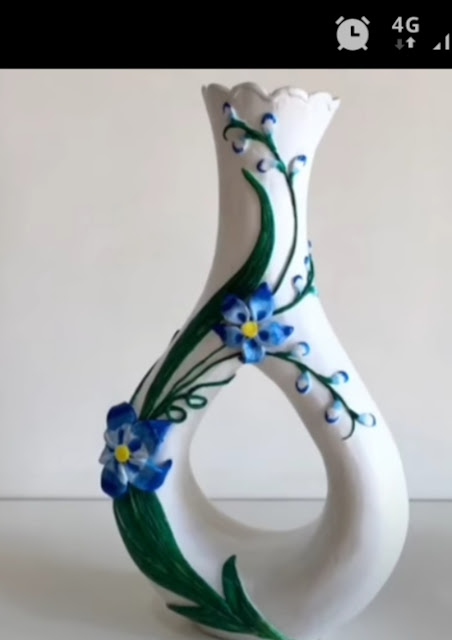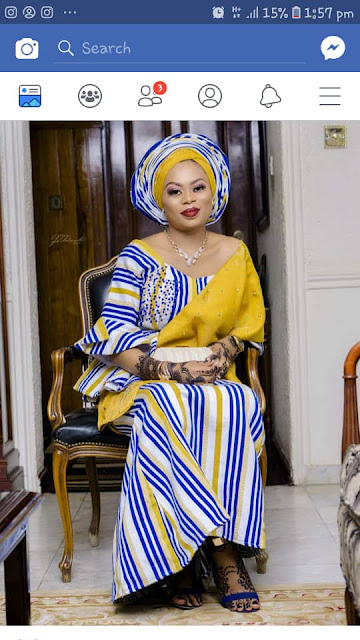My name is Suraya Alidu Malititi. I am 31 years old. I was born on 24th February, 1989. My mother was a food vendor and my father was a butcher. My father is not working now but my mother is still in the food vending business.
I am the 4th of 6 children. I have four sisters and a brother. I suffered Polio around the age of 2. I am a first generation graduate because my father vowed to ensure I schooled to the highest degree, even with our financial difficulties. According to him, unlike his other children, I cannot carry anything on my head to sell, so I have to go to school so I could fend for myself with my education.
I started nursery at Golden Kids Academy, then at Sawaba Last Stop in Kumasi. I was later moved to Best Child International School, then at Adukrom, now at Buobai. I did primary and JHS there. My batch was the first to write BECE for the school in 2004.
I proceeded to Adanwomase SHS in the Kwabre East District. I then proceeded to Institute of Business Management and Journalism in 2007 and pursued Journalism. After that I worked as a Secretary at a business center at Sakafia Islamic School and later as a teacher at Best Child. I then decided to face my fears and pursue my passion - Journalism. I applied for a job at Kapital Radio and was offered one.
I worked as a Broadcast Journalist from 2013 to 2017 when I resigned to concentrate on school, which I had started in 2016 at the Christian Service University College. I read BA Communications (Public Relations major) and graduated in 2019. Alhamdulilah, I humbly say, I graduated top of my class.
I have served as the Ashanti Regional Secretary of the Ghana Federation of Disability Organisations and I am currently the Regional Communications Officer. I also, together with other friends, started an organisation called Clean Your Community Ghana ( CYCG ) to cater for the sanitation needs of our communities, especially the Zango communities.
I am currently a freelance writer, and I'm looking to pursue further studies in Communication.
Being a disabled person hasn't been an easy battle but for me, it has been more of self-stigma than external stigma, even though it was as a result of derogatory utterances from some people. I self-stigmatised for as long as I can remember. I was always asking myself whether I was enough and whether I belonged. Even when I am complimented, I will think, is this person mocking me or they mean what they just said. But things turned around for me when I joined the Ghana Society of the Physically Disabled (GSPD). I begun seeing myself in a different light. Bit by bit, I became as strong inwardly as I showed on the outside.
GSPD is one of the organisations under GFD (Ghana Federation of Disability organisations). It is the organisation for all those with physical disabilities in Ghana. So basically, what it does is champion the cause of physically challenged persons in whatever instance.
I aspire to be the best version of myself. In my relationship with Allah, my career and my personal life. It is my dream to make a mark in the Communication's Industry. Maybe go back to my first love - the media, or enter the corporate world, but in the area of communication.
Nothing will please me more than to positively impact someone either in worship or professionally.
My number one interest now is to go back to school. I want to get it over with. I would have preferred to get married first but I am single now and since I have not gotten who I am looking for yet, I would rather proceed with my education. For work, I only want part time for now.
I have had a number of issues with marriage proposals. Some of them are due to my disability and others due to incompatibility with character, religion or principles.
I am looking out for two basic things from a future spouse by the grace of God. I want someone who has a strong relationship with Allah and a good character. before the physicality. This is because I have always held the opinion that it would be difficult for someone with taqwa to intentionally hurt another person. I also feel that someone who is conscious of Allah will definitely have more positive than negative character traits. But of course, I want someone who is the coolness of my eyes as I hope to be for him in shaa Allah.
I hope that my story inspires you to give off your best at whatever you do and to love yourself whether you are disabled or not. Know that with determination, perseverance and moral discipline, one is bound to succeed.
I live my life with the notion that 'there is indeed ability in disability.'
Suraya on TV3
******************************************
Rubaba Mmahajia Rahma Sabtiu-Morla
WhatsApp - +233 5559392722
www.mmahajia.blogspot.com
www.rubabawords.blogspot.com
www.beforehermarriage.blogspot.com
www.strivingbeautifulsoul.blogspot.com
www.letterstomydotas.blogspot.com






























































